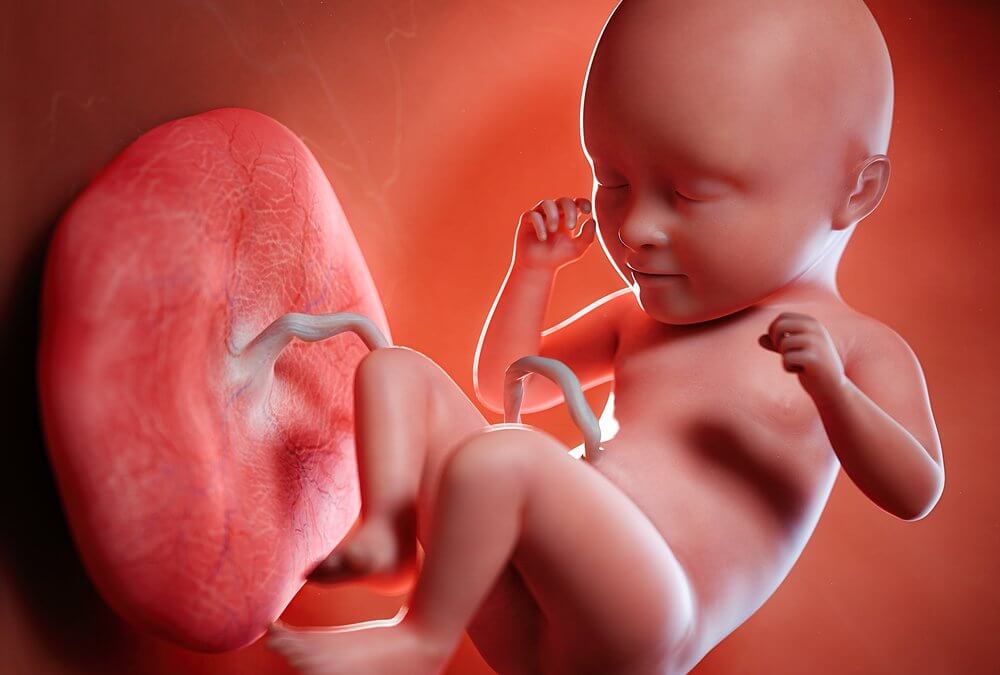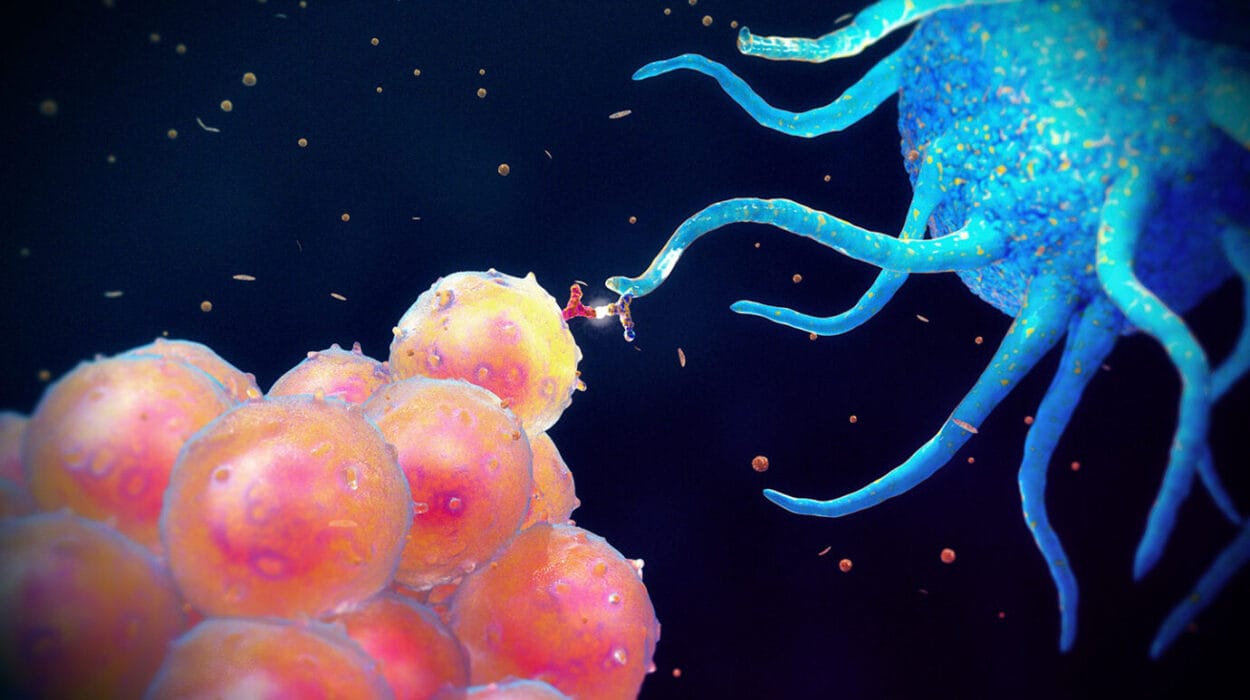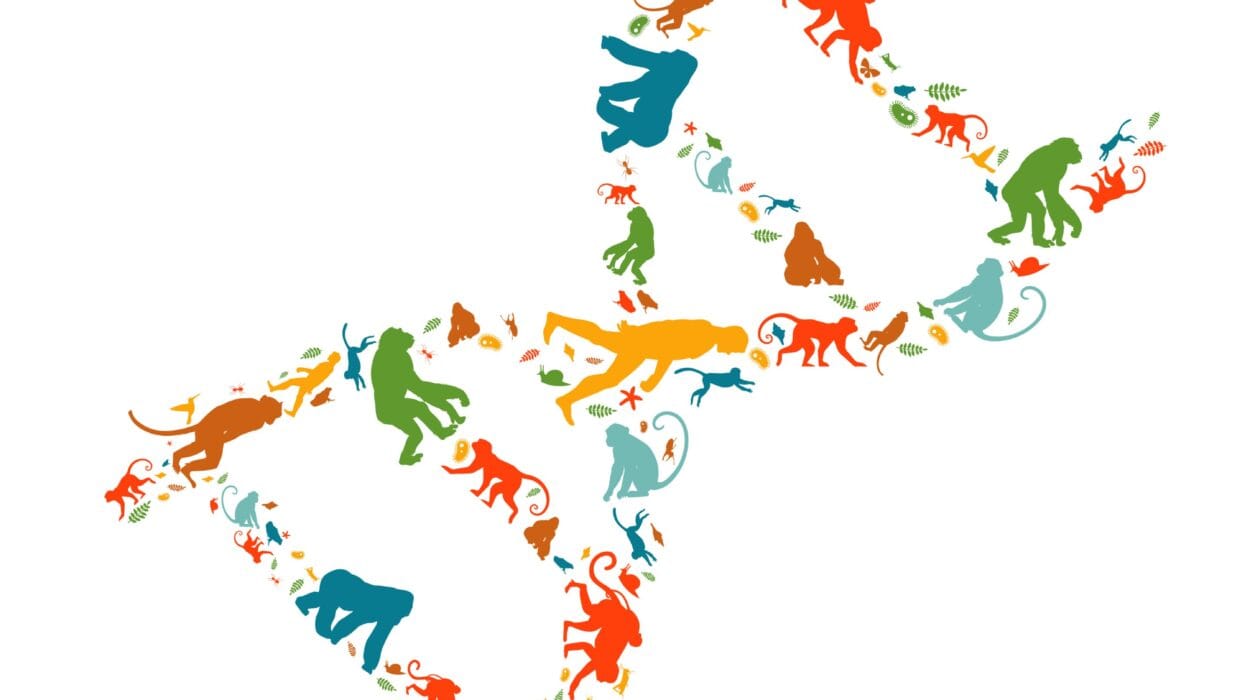There are few experiences in life as deeply personal, as heart-shattering, and as misunderstood as miscarriage. For many, the discovery of a pregnancy sparks joy, anticipation, and dreams of the future. The tiny heartbeat seen on a scan, the plans whispered between partners, the hope that soon life will change forever—these moments become milestones of expectation. But when a miscarriage occurs, all of those dreams collapse in silence. It is a grief that often hides in the shadows, rarely spoken of openly, yet carried heavily by millions of women and families around the world.
A miscarriage is more than a medical event; it is a deeply human experience. It is the sudden loss of possibility, the ache of emptiness where there was once hope, the invisible wound that others may not see. While it is often spoken about clinically—defined as the loss of a pregnancy before the 20th week—the emotional, physical, and psychological impact reaches far beyond those boundaries.
To understand miscarriage, we must approach it with compassion as well as science. We must explore not only the biological causes and physical realities but also the profound emotional journey that follows. By doing so, we begin to break the silence around miscarriage and support those who face it with empathy, knowledge, and love.
What is Miscarriage?
In medical terms, a miscarriage refers to the spontaneous loss of a pregnancy before the fetus reaches viability—most commonly before the 20th week of gestation. In everyday language, it means that the pregnancy ends on its own, without intervention. It is important to note that miscarriage is tragically common: studies suggest that 10–20% of clinically recognized pregnancies end this way. When we also include very early losses that occur before a woman even realizes she is pregnant, the percentage is much higher.
The word itself—“miscarriage”—can sometimes feel heavy with implication, as if something went wrong or someone was at fault. But nothing could be further from the truth. A miscarriage is almost never caused by something a woman did or did not do. It is usually the result of biological processes beyond anyone’s control. Understanding this truth is one of the first steps in healing, because misplaced guilt often deepens the pain.
The Causes of Miscarriage
Biologically, miscarriage is usually the body’s natural way of responding to something that was not developing as it should. Yet the causes can be varied and complex.
The most common reason is chromosomal abnormalities. Every embryo carries genetic material from both parents, and sometimes errors occur in the process of cell division. These errors may result in too many chromosomes, too few, or other irregularities that prevent proper development. In such cases, the pregnancy ends because the fetus cannot grow in a way that sustains life.
Other factors can also contribute: maternal health conditions like diabetes or thyroid disease, uterine abnormalities, infections, or problems with the placenta. Advanced maternal age is a risk factor as well, since egg quality declines with time, leading to a higher likelihood of genetic issues. Hormonal imbalances, clotting disorders, or immune responses may also play a role.
External factors like smoking, excessive alcohol consumption, or exposure to harmful substances can increase risk, though they are not usually the sole cause. Often, even with advanced testing, the exact reason for a miscarriage remains unknown. This uncertainty can be one of the most difficult aspects for grieving parents to bear.
What must always be emphasized is that ordinary activities—working, exercising, having sex, eating certain foods—do not cause miscarriage. Miscarriage is not punishment, not failure, and not anyone’s fault. It is, tragically, a natural part of human reproduction, woven into the fragile fabric of life.
Types of Miscarriage
Not all miscarriages unfold in the same way, and understanding the different types can help families and patients know what to expect.
A “threatened miscarriage” is when bleeding occurs early in pregnancy, but the cervix remains closed and the pregnancy may still continue. A “missed miscarriage” is when the fetus has stopped developing but the body has not yet recognized the loss, leaving no immediate symptoms. “Incomplete miscarriage” describes a situation where some, but not all, pregnancy tissue is expelled from the uterus, often requiring medical care. A “complete miscarriage” means all tissue has passed naturally, and the uterus has emptied on its own.
There are also recurrent miscarriages, defined as three or more losses in a row, which affect a smaller group of women but carry a unique weight of grief and medical concern.
Each type of miscarriage comes with different physical experiences, medical management, and emotional challenges.
What to Expect Physically
The physical experience of miscarriage varies widely. For some, it may feel like a heavy menstrual period with cramping and bleeding. For others, especially those further along in pregnancy, it can resemble labor, with stronger contractions and the passing of larger tissue.
Symptoms may include vaginal bleeding—ranging from light spotting to heavy flow—abdominal pain or cramping, and sometimes the passage of clots or tissue. The duration can last hours or days, depending on the stage of pregnancy and whether medical intervention is needed.
In cases of incomplete miscarriage, doctors may recommend medications to help the uterus expel tissue or a minor surgical procedure known as dilation and curettage (D&C). These interventions are safe and effective, though they may feel overwhelming at a time of grief.
After a miscarriage, the body gradually recovers. Hormones return to pre-pregnancy levels, bleeding subsides, and menstrual cycles typically resume within four to six weeks. Physically, many women heal quickly. Emotionally, the journey is far more complex.
The Emotional Impact of Miscarriage
While medicine describes miscarriage in clinical terms, lived reality tells a different story. Miscarriage is not just the loss of a pregnancy; it is the loss of a future imagined. Parents often picture their child long before birth: their first steps, their laughter, their place in the family. When miscarriage interrupts this dream, the grief is profound and unique.
Feelings of sadness, anger, guilt, and even shame are common. Some women blame themselves, wondering if stress, a fall, or something they ate caused the loss. Others feel their bodies have betrayed them. Partners may grieve differently, sometimes struggling to know how to support their loved one while managing their own sorrow.
This grief can be intensified by silence. Miscarriage is often not spoken about publicly, leading many women to feel isolated. They may hear well-meaning but painful comments like “It wasn’t meant to be” or “You can try again,” which dismiss the very real experience of loss.
The emotional impact of miscarriage is not limited to a short period of mourning. For some, it leads to anxiety, depression, or post-traumatic stress, particularly after recurrent miscarriages. For others, it lingers as a quiet ache, resurfacing at anniversaries or during future pregnancies.
Supporting Emotional Healing
Healing after miscarriage requires time, compassion, and acknowledgment of the loss. Each person grieves differently, and there is no “right” way to move forward.
Some find comfort in rituals—planting a tree, writing a letter to their baby, or holding a private ceremony. Others lean on therapy, support groups, or faith communities. Talking openly with friends and family who listen without judgment can also be profoundly healing.
For partners, communication is vital. Grief may manifest differently—while one may want to cry and talk, the other may seek distraction through work or activities. Recognizing these differences and finding common ground helps both partners support each other.
Healthcare providers also play a key role. Compassionate care that acknowledges the emotional as well as physical aspects of miscarriage can help families feel seen and supported. Doctors and nurses who validate grief rather than minimize it can make an immense difference in recovery.
Miscarriage and the Future
After miscarriage, one of the most pressing questions for many is: Will I ever carry a pregnancy successfully? The answer, for most, is yes. The majority of women who miscarry go on to have healthy pregnancies.
For those who experience multiple miscarriages, medical testing can sometimes uncover treatable conditions, such as hormonal imbalances, blood clotting disorders, or structural issues with the uterus. Treatments may include medication, lifestyle adjustments, or surgical interventions, depending on the underlying cause.
However, it is also important to acknowledge that some couples may face repeated losses despite medical support. For them, the journey may involve difficult choices about continuing to try, considering assisted reproductive technologies, or exploring alternative paths to parenthood.
Whatever the future holds, each family deserves compassion and support as they navigate decisions shaped by both hope and fear.
Breaking the Silence Around Miscarriage
One of the greatest challenges surrounding miscarriage is the stigma of silence. Many women feel pressure to hide early pregnancy, and when miscarriage occurs, they find themselves grieving alone. Society’s reluctance to speak openly about miscarriage reinforces feelings of isolation and shame.
Breaking this silence begins with conversation. When public figures and everyday women share their experiences, they create space for others to do the same. As more stories are told, miscarriage becomes recognized not as a rare tragedy but as a common human experience. This openness fosters understanding, compassion, and change—encouraging workplaces, healthcare systems, and communities to provide better support.
A Human Story, Not Just a Medical One
At its core, miscarriage is not merely a biological event—it is a deeply human story of loss, resilience, and love. It is about parents who carried hope within them, only to have it taken too soon. It is about the quiet strength of those who endure grief in silence, and the courage of those who speak out. It is about a journey through sorrow toward healing, and sometimes, toward renewed hope.
Science helps us understand miscarriage. Medicine helps us care for the body. But only empathy, compassion, and community can truly care for the heart.
Conclusion: Holding Space for Grief and Hope
Miscarriage is one of life’s hardest truths: that not every pregnancy will lead to birth, and not every dream will be fulfilled. Yet within this truth lies an opportunity—for greater compassion, for deeper understanding, and for breaking the silence that too often surrounds this experience.
By acknowledging miscarriage as both a medical and emotional journey, we honor those who have endured it. By supporting parents with empathy, we help them heal. And by speaking openly, we create a world where no one must grieve alone.
To those who have experienced miscarriage: your grief is real, your loss is valid, and your story matters. Though this chapter is marked by sorrow, it is also a testament to love—the love for a life that, however brief, left an indelible mark on your heart.






